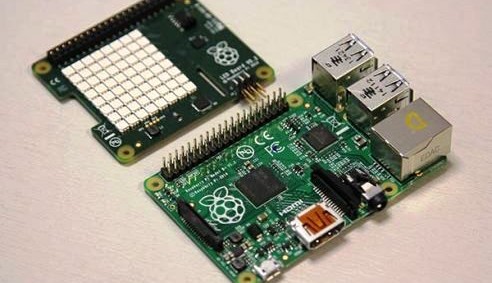Pi in the Sky?

Calling all school children; what job would you give an orbiting Raspberry Pi to do? If your idea is really good you may be lucky enough to see it take flight on board the International Space Station (ISS). A competition has been announced (to be officially opened at the BETT conference 21st till 24th January) which is open to all primary and secondary school children resident in the UK. To be in with a chance you will need to "devise and describe an original idea for an experiment or application which can be conducted on the Astro Pi". The Astro Pi is an expansion hat which fits on the RPi and has some sensors and I/O devices:
- A gyroscope, accelerometer and magnetometer sensor
- A temperature sensor
- Barometric pressure sensor
- Humidity sensor
- Real time clock with backup battery
- 8×8 RGB LED display
- Push buttons
- Camera module / IR camera module
The project is in partnership with British ESA Astronaut Tim Peake UK Space and the European Space Agency. Tim will take two RPi computers fitted with the Astro Pi hat and program them on board the ISS with software for the winning applications. Experimental data will then be collected and relayed to the teams back on Earth. Numerous other prizes are available including RPi + Astro Pi boards for the 50 best entrants in each of the KS3, 4 and 5 categories.
ESERO-UK and Raspberry Pi are developing a comprehensive suite of teaching resources for STEM subject teachers. As well as explaining how to use and write code for the Astro Pi and its sensors, the resources will provide a context for the Astro Pi in the curriculum and link it to teaching subjects and areas. So get your thinking caps on! For more information on RPi programming and hardware add-ons don’t forget our own comprehensive range of tools.
